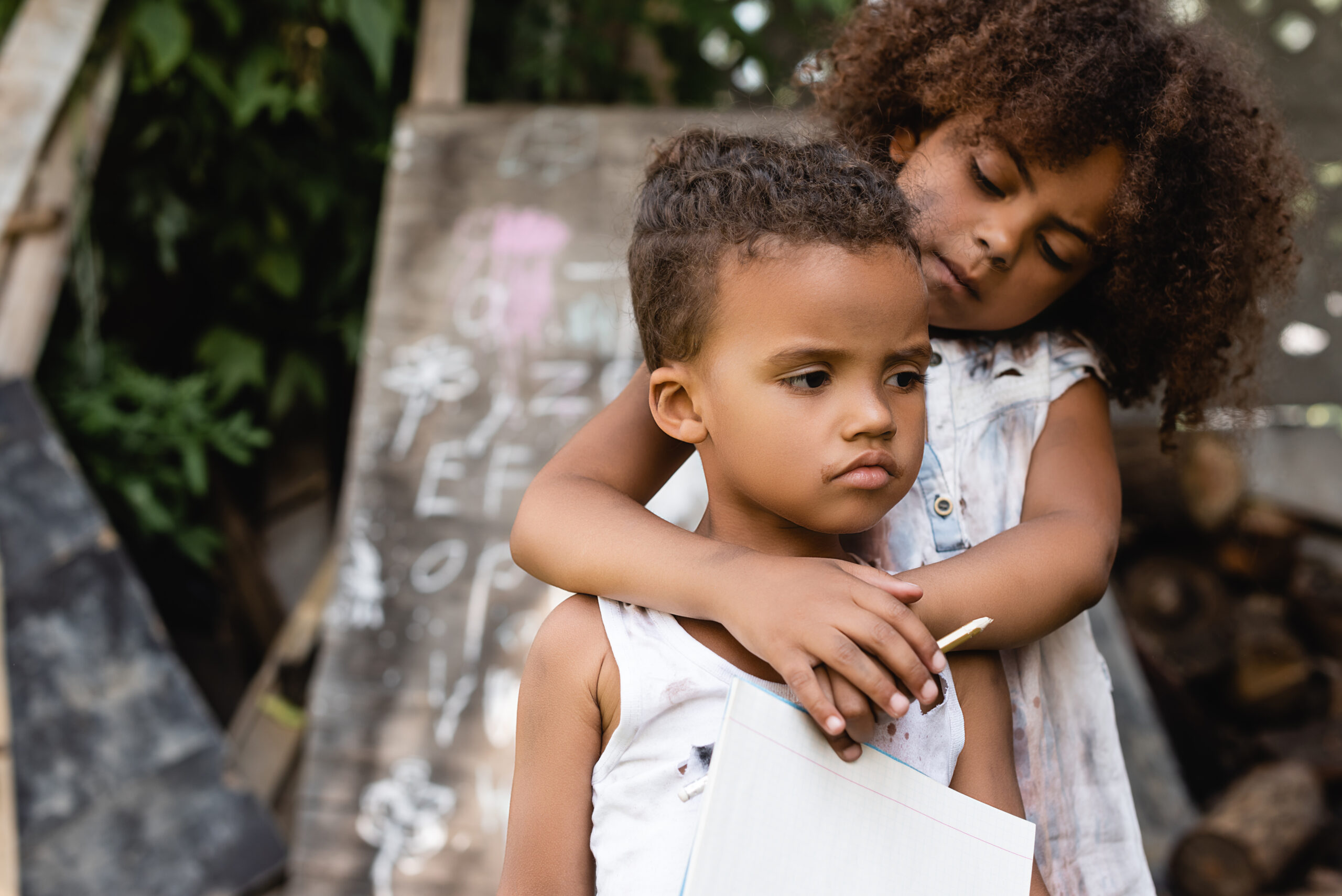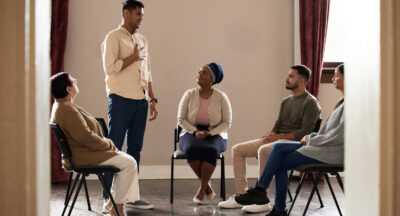
Child poverty: What is our aspiration?
It has been scientifically established that human beings who do not have access to opportunities and resources that foster optimal development in childhood can face long-term physical and mental health illnesses and encounter more significant challenges in social mobility. Community-level implications suggest that child poverty can lead to a lack of productive citizens and a society without sustainable development.
The development of our children is not solely about the absence or elimination of problems but also involves creating opportunities. In Puerto Rico, we benefit from a valuable legal framework promoting the development of governmental plans and strategies to combat child poverty and social inequality. For instance, the recently enacted Act 84-2021 established the Commission to Combat Poverty and Social Inequality in Puerto Rico. This legislation acknowledges poverty as a condition affecting anyone who lacks access to minimum conditions for a fully developed, basic, and dignified life, or who is without the necessary resources to meet a basic need.
Poverty can be viewed from several dimensions, from the material—relating to needs, deprivations, and limitations of resources—to the economic—pertaining to the level of inequality or economic standing—and to the social condition, which involves social classes, dependency, lack of basic security, and exclusion, among other aspects. Puerto Rico’s legal framework recognizes the diversity of these dimensions of poverty. However, our challenge lies in the implementation of its proposed measures. Effective solutions require a multisectoral effort, operating at various levels and sustained over time.
To effect change, it is necessary to transform and overcome the poverty dimensions in which people live. According to the Youth Development Institute (2021), the child poverty rate in Puerto Rico is estimated at 57%, with some municipalities having more than 80% of minors living under poverty conditions. Poverty is a known risk factor for child maltreatment and juvenile delinquency. Those of us dedicated to promoting the positive development of youth aspire to reverse these statistics.
We aspire for our youth and their families to reach optimal human development and socio-emotional skill development. We envision that upon the birth of a baby, their parents and caregivers will have access to integrated and continuous services, including parenting skills, perinatal health, and mental health services. We aim for adolescents to have opportunities to develop socio-emotional skills and for those interacting with the juvenile justice system to be treated with respect and sensitivity. We hope all our families can access employment, education, and leisure opportunities that foster a healthy life trajectory.
Puerto Rico stands at a threshold of change. But to enact this change, we must transform and overcome the dimensions of poverty affecting our people. Currently, various sectors are initiating working groups and strategic plans aimed at promoting social well-being in childhood. Concurrently, the National Institutes of Health have announced a Puerto Rico-based research initiative to foster structural changes, addressing poverty as the primary barrier to health disparities on the island.
There is a unified purpose behind all these projects, and further points of agreement should be pursued to establish mechanisms for implementing these plans. From there, we can develop multisectoral interventions, investing in programs and services that induce changes in the social, physical, economic, or political environments responsible for health disparities and social inequalities. It’s not difficult to envisage a future where a continuum of family services integrates and connects resources from the state government, municipalities, non-profit organizations, academia, and the community into a single process. It is something already happening, albeit on a very small scale.
It’s essential to recognize that life is not linear. Humans have experiences and face situations that positively and negatively impact us. The key is to facilitate interventions that help people mitigate the effects of adverse experiences on their human development, enabling healthier life trajectories. If we collaborate from a scientific, multisectoral framework and do so sustainably for the next decade, our public policies are more likely to be implemented for the lasting benefit of our families’ positive development.
Originally published by El Nuevo Día.
Related Posts
Culture of support needed for social workers
The discussion around how to break stigmas and support the well-being of an...
Mental health professionals urge a comprehensive look at the needs of children and youth in Puerto Rico
(Mayagüez, PR) - Adopting a broad human rights perspective on the development...
Dialogue to create joint efforts against juvenile delinquency
The “Puerto Rico Minors Act” (Act 88-1986) was recently reformed. In this...
Functional family therapy for young people in legal trouble
We live in a historic moment for our children and youth, with public policies to...




